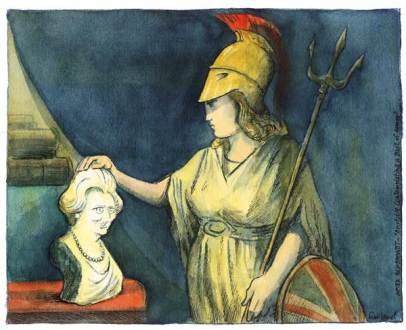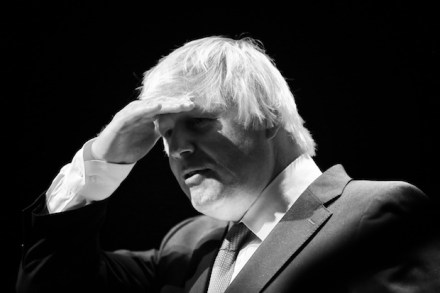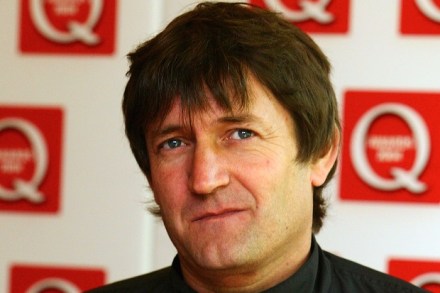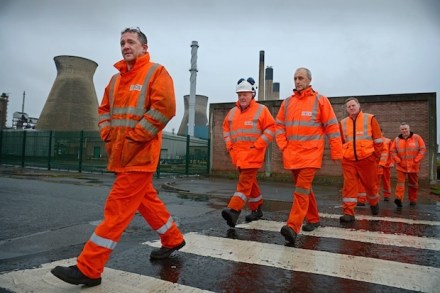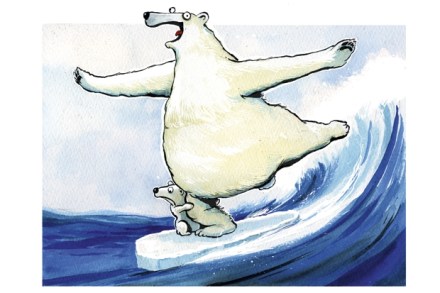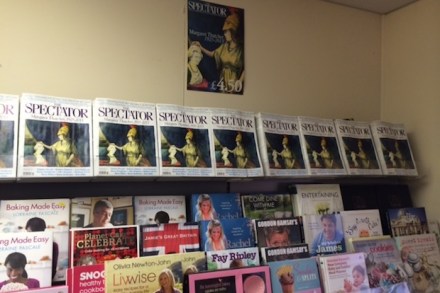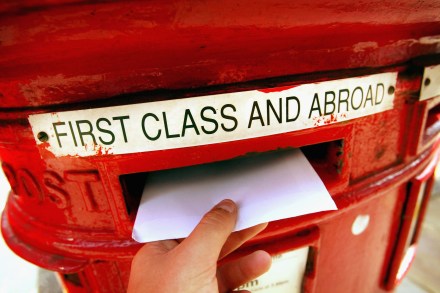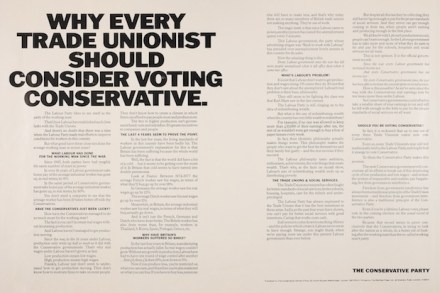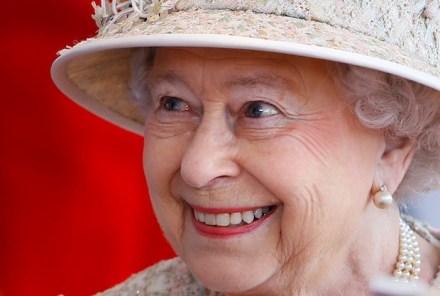Can Lord Heseltine save the England cricket team?
Apologies may be in order. A few weeks ago, I was advocating aid for Australia. As we had set the place up, we had a duty when this once-proud daughter house was sliding into decline. We used criminals to get the country going, which worked well. Hard, amoral characters, they built a nation in their own image. That was Australia for two centuries: hard, amoral – and good at cricket. Then everything seemed to be going wrong. Perhaps it was the southern sun’s fault: melting down toughness and leaving a vacuum for decadence. It was time for the mother country to come to the rescue with fresh supplies of convicts



